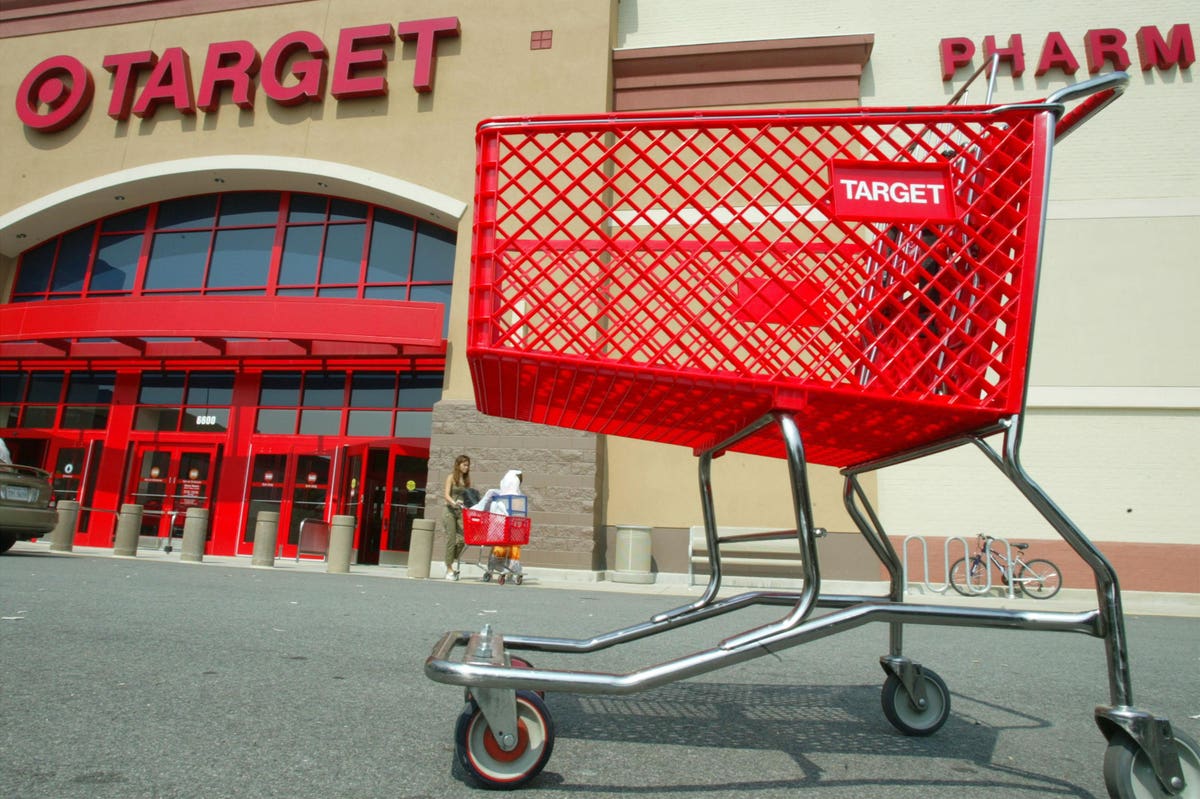With so much surrounding consumer confidence in flux, it’s not surprising that when consumer related updates come out, we’re prone to examine the findings closer. Recall, last week, we examined the U.S. Census retail numbers. We discovered that while consumers spent some in April, overall gains were modest in the categories that made the “winner’s circle.” The past few days have also sharpened up the picture after many retailers checked in with quarterly updates and results. While it’s impossible to detail everything that’s come out of these retailer updates, there are a few worth cherry picking. The first one on the list is Target.
On May 17, Target reported better-than-expected first-quarter 2023 earnings and reiterated its overall outlook for 2023. This is good news for Target and overall, in that higher earnings support the fact that consumers are still willing to spend some. It is also promising that the company’s outlook remains on track with few surprises expected in favor or against the forecast. But, within the past quarter, Target also dissected by month, revealing that February saw out-performance while March was slower. April numbers were down to the low-single digits late in the month.
To be fair, like all retailers, Target has had to grapple with the same stream of headwinds, including inflation and supply chain disruption. An overall skittish consumer environment isn’t helping. Oliver Chen and team at TD Cowen noted that overall, discretionary trends for the home, apparel, and hard lines categories trended “negative.”
“Today’s consumer is faced with tougher tradeoff decisions,” wrote the team.
Tradeoffs include prioritizing what to buy and how much the customers will spend on items or during a shopping experience. The need to curb excessive spending or stick to a tighter budget isn’t a new or novel concept, it just seems to play out more right now and in some surprising ways. Target must know this since it “outlined a more price conscious consumer consistent with previous trends as consumer spend evolves toward essentials amid macroeconomic pressures,” wrote Chen and the team.
But, despite the woes, Target also has a few things going for it that are worth pointing out. One bright spot is its partnerships. Target has long taken part in notable and well-received partnerships. At present, merchandise bolsters Target from legacy and beloved names like Apple , Levi’s, Ulta Beauty, and Disney. Telsey Advisory notes that Target “continues to elevate the customer experience and enhance its product offering through partnerships with popular brands.”
Similarly, Target continues to benefit from customer loyalty. Target Circle’s rewards program turned one in 2020. That same year, it reached a milestone of 80 million members, according to Annex Cloud. It’s a safe bet that the number has increased since then, and here’s another tidbit. Telsey Advisory Group reports that in the first quarter of 2023, Target Circle users made 2.5 times more trips and spent 3.5 times more money than non Target Circle users. Their loyalty remains strong.
Retailers like Target offer both staples and consumer discretionary items, increasing their chances at better customer satisfaction. The recently announced closure of Bed Bath & Beyond is one example of a consumer discretionary merchant that suffered some aftershock and fallout from the pressured consumer environment. Telsey Advisory Group writes, “Target should be a prime beneficiary of closures at Bed Bath & Beyond.”
Finally, Target continues to improve and pivot where necessary. On the call, one update involved new stores. Of the 20 it had planned for 2023, six had opened, and Target continues to remodel its older stores, with 175 remodels planned this year. Target also plans to build 16 new sortation centers by 2026 to mitigate supply chain disruption.
With the “dog days” of summer just around the corner and plenty of consumer concerns to address, Target and its peers remain key retailers to watch right now. But overall, Target has won the first quarter of 2023 despite the pressure and challenges.
Read the full article here





